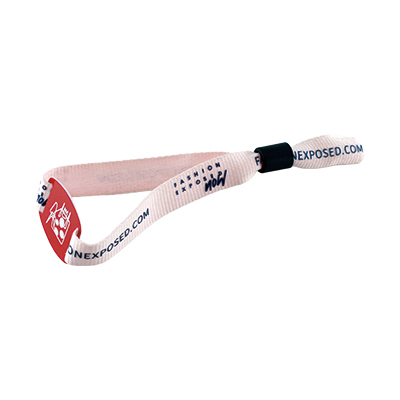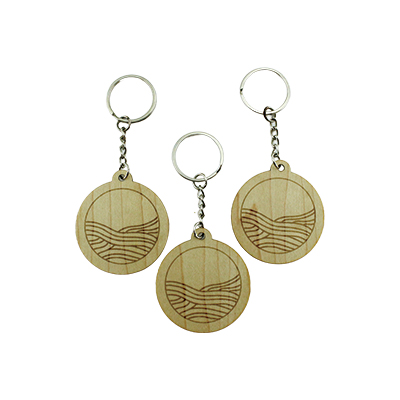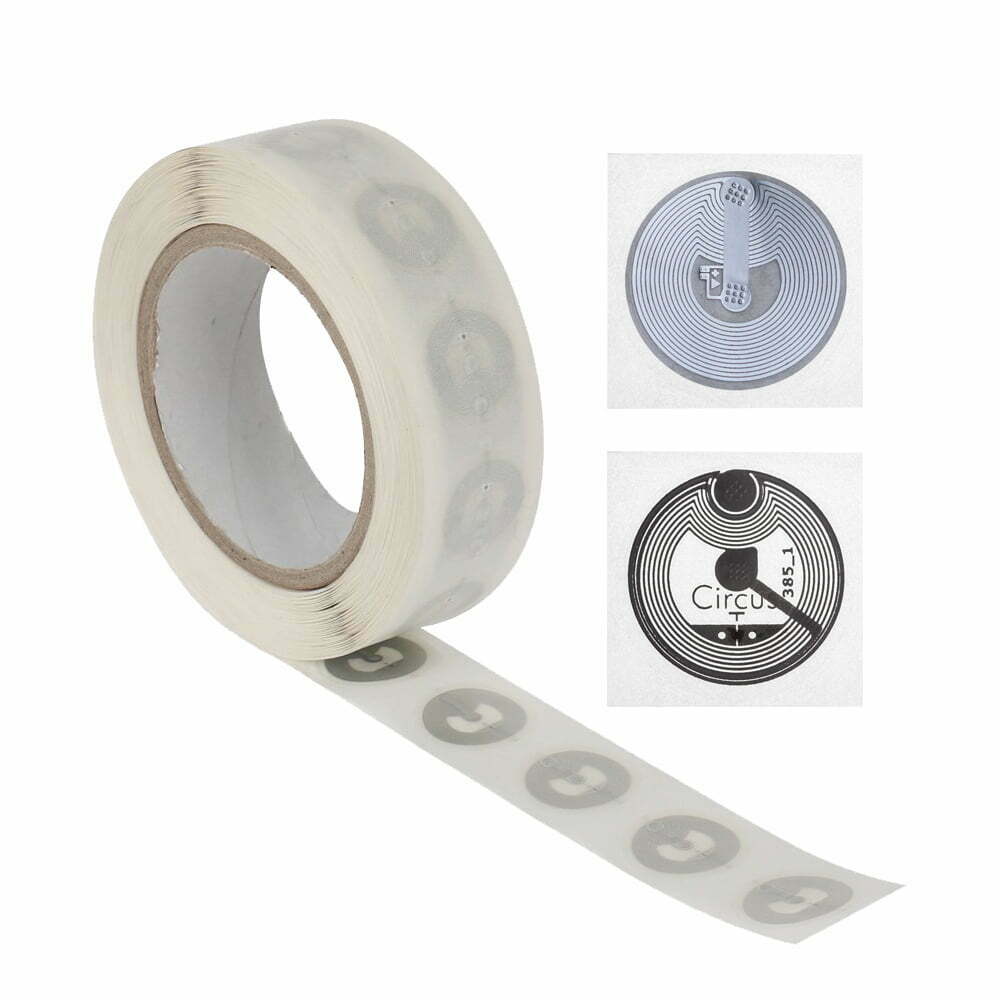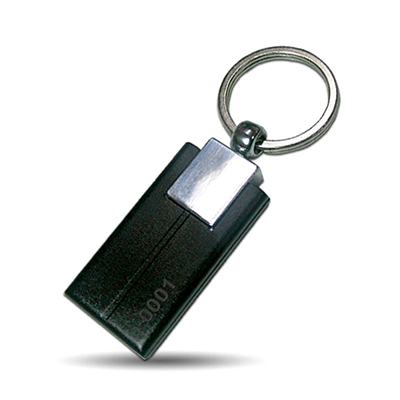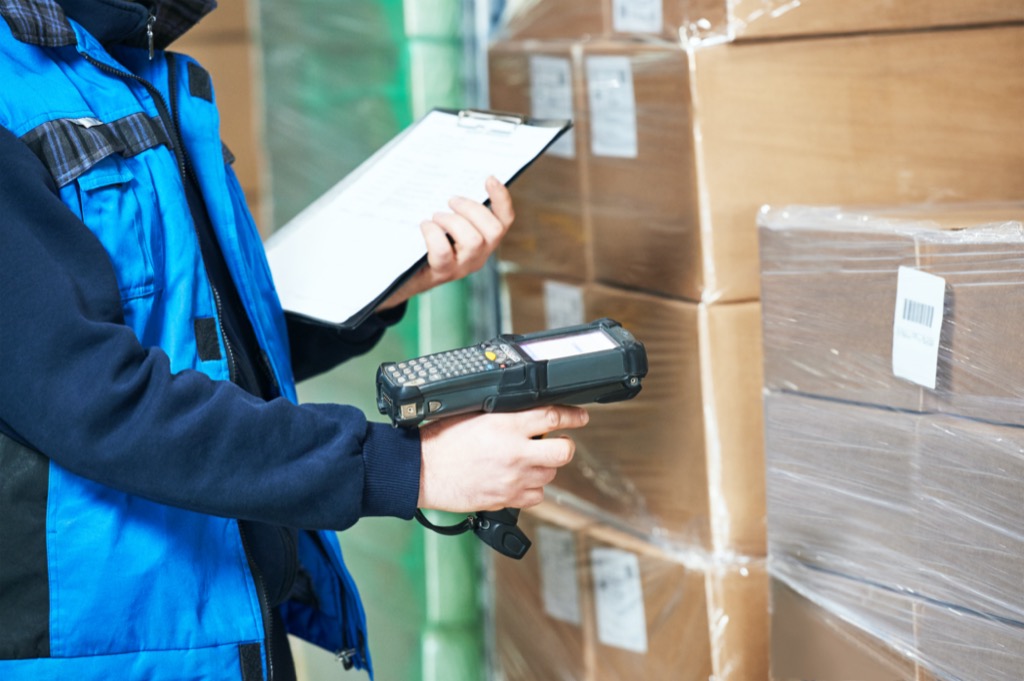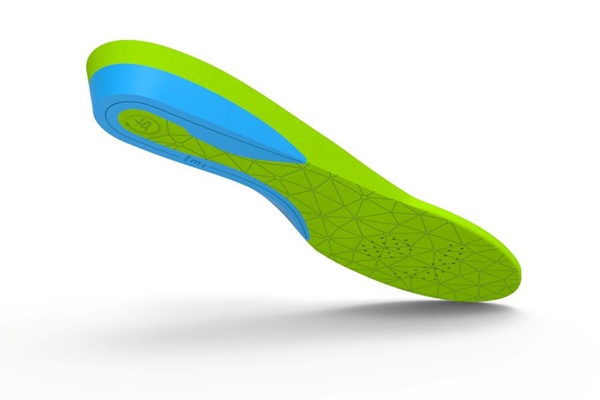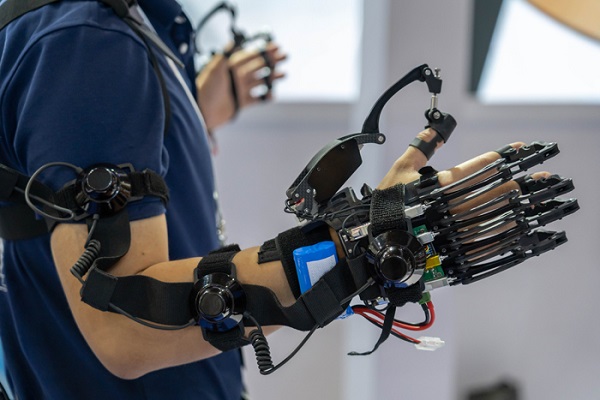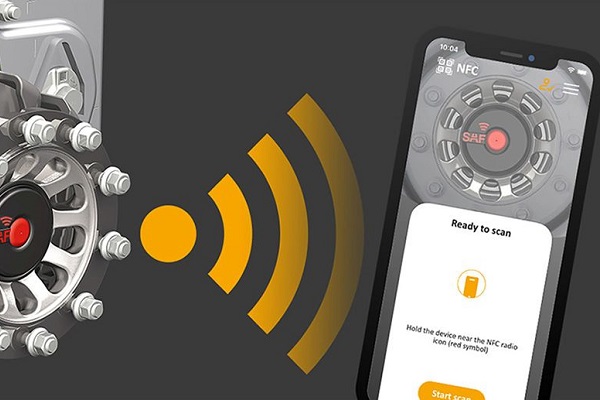
NFC tag solutions are playing an increasingly important role in today’s environmental protection sector, especially in waste sorting and recycling, and with their unique features and benefits, they support efficient waste disposal.
How NFC tags help with waste sorting and recycling
- Smart sorting guidance: Equipped with NFC tags on rubbish bins, residents can use NFC-enabled mobile phones to approach the tags and get detailed waste sorting guidelines. For example, when residents have questions about the classification of a certain waste, they can simply scan the NFC tag on the food waste bin to clearly understand what is food waste and how to dispose of it correctly. This effectively improves the accuracy of residents’ waste classification and reduces the follow-up treatment problems caused by classification errors.
- Recyclables tracking: For recyclables, an NFC tag is attached to the collection to record their type, weight, source, and other information. By reading NFC tags, recycling companies are able to grasp the flow and status of recyclables in real time. For example, when recycling plastic bottles, NFC tags can be attached to the entire process from household drop-off and transportation to recycling plants, so that the entire process can be tracked through the tags to ensure the effective recycling of resources.
- Incentive mechanism establishment: Establish an incentive mechanism for waste sorting with the help of NFC tags. Residents can earn points by scanning the NFC tag on the bin after properly sorting and disposing of their rubbish. These points can be exchanged for daily necessities or other discounts, thereby increasing the enthusiasm of residents to participate in waste sorting.
Case studies
In one pilot community, an NFC tag solution was introduced for waste sorting and recycling. The community issued a rubbish sorting card with an NFC chip to each resident. When residents put rubbish in the bin, they held the rubbish sorting card close to the NFC device on the bin, and the device would automatically identify the type of rubbish and record the delivery information. At the same time, for recyclables, the staff would attach an NFC tag to track them.
Over a period of time, the community’s rubbish sorting accuracy has increased from 60% to more than 85%. The recycling rate of recyclables has also increased significantly, with the amount of recyclables such as paper, plastics, etc. increasing by about 30%. And, thanks to the use of NFC tags, recycling companies are able to route and dispose of recycling more efficiently, reducing operating costs.
NFC tags have shown powerful functions and remarkable results in rubbish sorting and recycling. With the continuous enhancement of environmental awareness and the continuous development of technology, NFC tag solutions will be applied in more fields and contribute more to promoting sustainable development.



